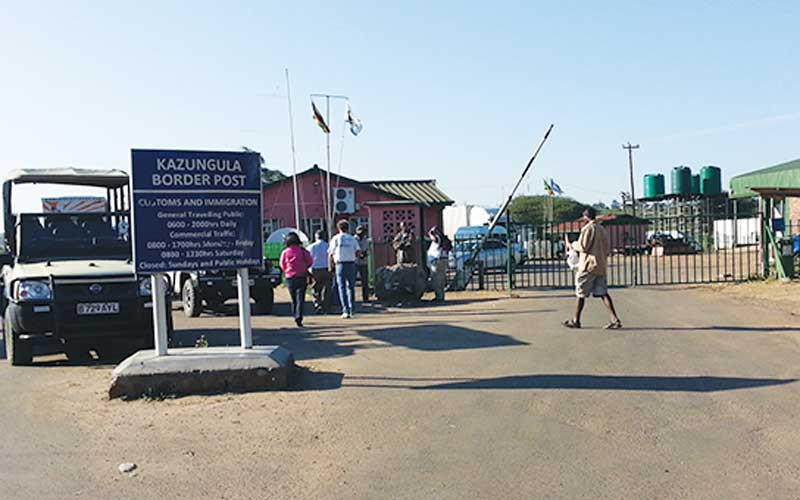
LAST week President Emmerson Mnangagwa announced that plans are at an advanced stage to abolish passports between Zimbabwe and neighbouring Botswana.
The President said he and his Motswana counterpart, Mokgweetsi Masisi, have “agreed”, in principle, to scrap the passport requirement for nationals of the two nations and the two leaders will soon “instruct … officials that there should be no questions of how to enter Zimbabwe, how to enter Botswana”.
This dovetails into the free movement of persons on the continent as it comes after Botswana and Namibia became the first countries in the region to end the use of passports saying nationals can only use their identity documents.
There are calls on the continent to remove restrictions on the movement of persons if the African Continental Free Trade Area is to bear fruit. Some countries have eased restrictions on the movement of people by scrapping visas.
For Zimbabwe and Botswana to contemplate the scrapping of passports, there must be a proper feasibility study which results in a win-win situation for the two countries.
And if the use of passports is banned between Harare and Gaborone, we fear this will disadvantage Botswana which is one of the many southern African countries currently battling illegal immigrants from Zimbabwe.
The situation is so dire that the exact number of Zimbabweans who have unlawfully set up home in Botswana is uncertain although Gaborone estimated in 2022 that some 47 000 Zimbabweans had migrated to the country since 2012.
Earlier on in 2020, Botswana said it was home to more than 110 000 migrants, 43% of them being female and 57% were male. Zimbabweans made up 58,31% of those migrants, distantly followed by South Africa (5,20%), India (5,12%), China (4,33%) and Zambia (4%).
- Mavhunga puts DeMbare into Chibuku quarterfinals
- Bulls to charge into Zimbabwe gold stocks
- Ndiraya concerned as goals dry up
- Letters: How solar power is transforming African farms
Keep Reading
Since then, the situation has deteriorated in Zimbabwe as thousands flee economic hardships, with South Africa becoming home to about a million Zimbabweans.
To then propose the scrapping of passports under such circumstances would be a recipe for disaster which will completely overwhelm Botswana towns and cities in terms of service delivery.
According to that country’s 2021 population statistics, Botswana has a population of less than 2,6 million people, which is just about half of the population of Zimbabwe’s capital Harare. Meanwhile, Namibia’s population is almost equal to that of Botswana.
So, our argument is that the border between Zimbabwe and Botswana cannot be opened up in this manner as it will simply flood the latter with thousands fleeing poverty, unemployment, a crumbling health sector and hunger in Zimbabwe.
Be that as it may, we applaud the gesture made towards allowing the free movement of people in the region as part of integration efforts. African nationalists such as Nkwame Nhrumah were advocates of a united Africa, undeterred by colonial borders.






